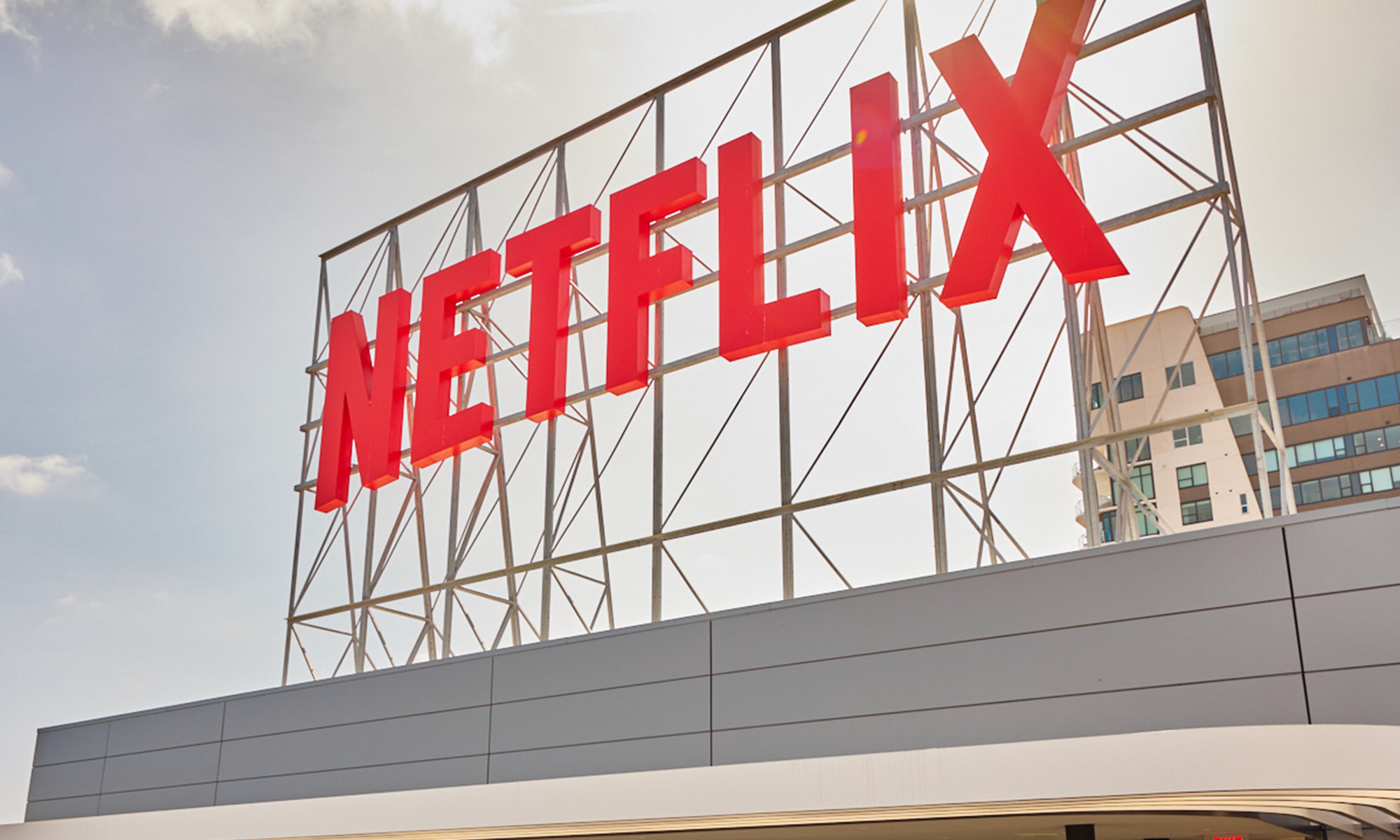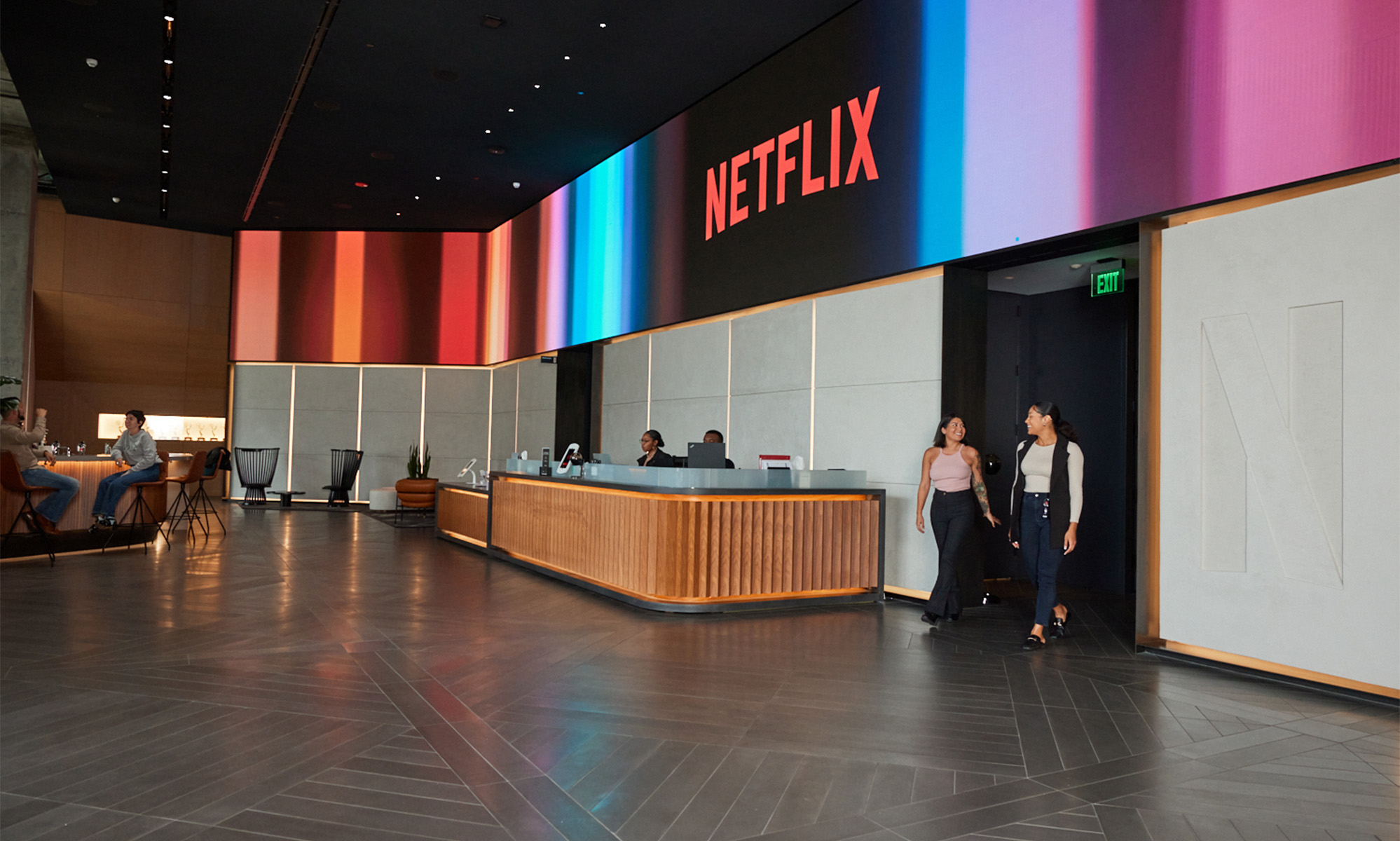When Netflix (NFLX 0.84%) debuted its digital service back in 2007, it invented subscription video-on-demand (SVOD) streaming as we know it. And as the only game in town, Netflix had a huge library of licensed content. But the company recognized early on that keeping licensing costs down was as important to turning a profit as growing subscribers was, and it developed its remarkable original content strategy.
Netflix's original content helped keeps users engaged for hours without having to rely on as much (or as expensive) licensed content. It also prepared Netflix for this moment -- the time when content creators like Walt Disney (DIS 7.20%) and Comcast-owned NBC pull more and more of their titles from Netflix to use with their own streaming offerings.

Image source: Getty Images.
The genius of Netflix's original content strategy
Netflix didn't debut its first original series until 2013, half a decade after rolling out its streaming platform (Netflix did have a hand in the series Lilyhammer, which debuted in 2012, but that show was only partially funded by Netflix). Since then, the company has cranked out tons of originals, some of it lousy, some of it loved by critics and audiences alike. At this point, Netflix has huge hits under its belt, and it has even begun dabbling in interactive content.
Netflix doesn't share much in the way of viewership numbers for individual programs, but last year, data firm 7Park found that original content made up a growing portion of Netflix viewers' hours. The 7Park data breaks down viewer streams by month, and they saw Netflix's originals climbing the ranks. A look at the standings in November 2018 helps illustrate how successful Netflix originals have been:
| Rank (by Play Count) | Title | Content Owner |
|---|---|---|
| 1 | The Office (U.S.) | NBC |
| 2 | Chilling Adventures of Sabrina | Netflix |
| 3 | Friends | Warner |
| 4 | Grey's Anatomy | ABC |
| 5 | House of Cards | Netflix |
| 6 | The Great British Baking Show | Netflix |
| 7 | Marvel's Daredevil | Netflix |
| 8 | Narcos: Mexico | Netflix |
| 9 | The Haunting of Hill House | Netflix |
| 10 | Criminal Minds | CBS |
Data source: 7PARK. Table by author.
And that's good news for Netflix for the simple reason that this original content is more cost-efficient, in the long run, than licensed content. There are fewer royalties to pay, and a show owned by Netflix won't leave the service or lead to a bidding war after an old contract expires.
Vertical integration in streaming video
Netflix's vertical integration set a standard in streaming, and as other industry players look to its playbook, the company's original content has started to look less like a cost-saving luxury and more like a necessity. So while Netflix started with the platform and grew into content creation, companies like Disney are doing the same but from the other side of the equation. Comcast and NBC is coming out with a new streaming service in 2020. Disney, of course, is about to release Disney+ -- a formidable offering strengthened by Disney's recent acquisition of most of Fox's media properties.
Looking back at the 7Park rankings above, we see how big the challenge from these new streaming competitors will be: NBC's The Office was Netflix's single most popular show. Meanwhile, the company has cancelled Daredevil, No. 7 on the list, and many of Disney's Marvel Studios and Star Wars feature films will be pulled from the service in the near future.
Netflix previously ensured that its library included enough high-quality, licensed content to keep subscribers happy. Now, it's virtually certain to lose some of its biggest non-original titles. Once a supplementary part of Netflix's appeal, originals are now going to have to be the service's main raison d'etre.
It's fair to ask if that will work out well for the company. 7Park data indicated that Netflix users watched 63% licensed content and 37% Netflix originals, so no matter how you slice it, licensed content still looks very important to the service's value proposition.
A scary time for Netflix
While Netflix's growing library and IP are impressive given how long it's been in the business of creating originals, they're not in the same ballpark as Disney's nearly century-old stable of famous titles and characters.
This should worry the company and shareholders. Users have embraced Netflix's original content, but its dominance came about in large part due to its pioneer status in the streaming video world, and at the time, its impressive library.
In the increasingly tribal world of streaming, Netflix is starting to look more and more like its peers: streaming services like Amazon Prime or AT&T's HBO, which have limited licensed exclusives and rely heavily on original hits. Even if Netflix's original offerings can match those of its peers, the increasingly "fair" fight makes it hard to imagine that Netflix will be quite so dominant going forward.






